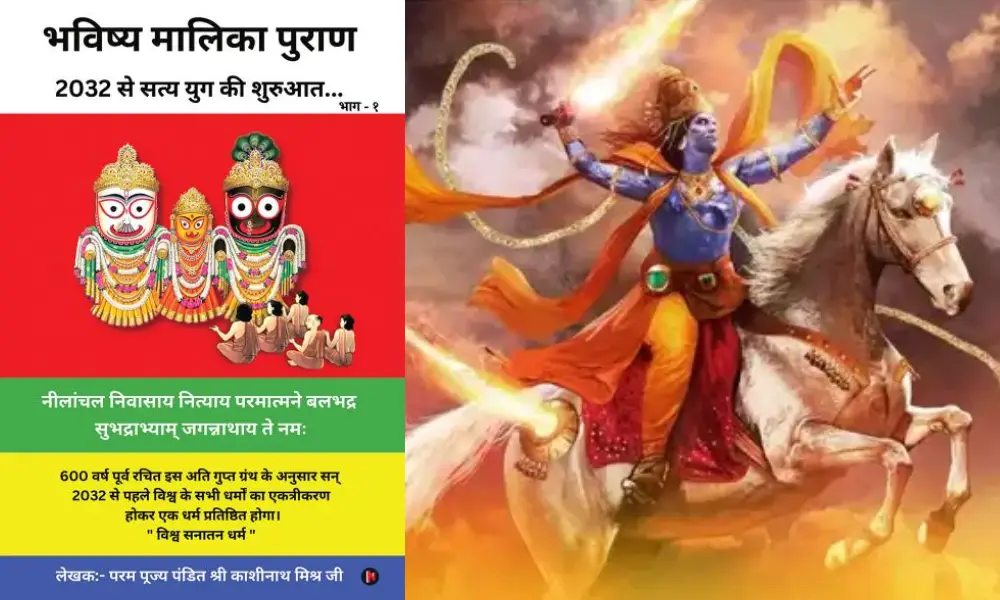Cosmic law is a term used to describe universal principles or rules that govern the behavior of the universe. The exact definition of cosmic law can vary depending on the context and perspective, but it often refers to principles related to the natural order of things, the workings of the universe, or the behavior of physical matter. Some people may also use the term to refer to spiritual laws, such as the laws of karma, that are believed to govern human behavior and the consequences of our actions. However, there is no universally agreed-upon definition of cosmic law, and the concept remains largely a matter of personal interpretation and belief.
Cosmic Law vs Sri Krishna
Sri Krishna is a revered Hindu deity and one of the avatars (incarnations) of the god Vishnu. In Hinduism, Sri Krishna is considered to be a divine teacher who imparts wisdom and guidance to humanity. Some people believe that Sri Krishna's teachings are based on cosmic laws, which govern the behavior of the universe and all living beings. According to this belief, Sri Krishna's teachings are meant to help people understand and align with these cosmic laws in order to live a harmonious and fulfilling life.
In the Hindu text, the Bhagavad Gita, Sri Krishna is depicted as a charioteer and advisor to the warrior prince Arjuna, who is conflicted about whether to fight in a battle. Throughout the text, Sri Krishna imparts wisdom to Arjuna, teaching him about the nature of reality, the importance of action and detachment, and the role of the divine in human life. Many people believe that the teachings contained in the Bhagavad Gita are a representation of the cosmic laws and that by following these teachings, one can achieve enlightenment and liberation from the cycle of birth and death.
It is important to note that beliefs about the relationship between Sri Krishna and cosmic law can vary widely within Hinduism, and are subject to personal interpretation and belief.
Bhagavad Gita
The Bhagavad Gita is a Hindu scripture that is considered to be a dialogue between the god Krishna and the warrior prince Arjuna. While the text contains teachings about the nature of reality, ethics, and spirituality, it is not widely considered to be a cosmic law in a literal sense.
In Hinduism, the Bhagavad Gita is considered to be a source of spiritual wisdom and guidance, and its teachings are seen as a means of attaining self-realization and liberation. The text is revered for its philosophical depth and the insights it provides into the nature of the universe, consciousness, and the human condition.
However, the Bhagavad Gita is not considered to be a cosmic law in the same way that the laws of physics or mathematics are laws. It is a text that contains teachings and guidance, but it is not a set of universal rules that govern the behavior of the universe. The understanding and interpretation of the text can vary widely, and its teachings are subject to personal interpretation and belief.
Cosmic Laws
Here are some laws or principles that are sometimes referred to as cosmic laws:
- Law of Cause and Effect: also known as the law of karma, this principle states that every action has a corresponding effect and that our actions determine the conditions of our future.
- Law of Attraction: this principle states that like attracts like and that we can attract positive experiences and outcomes into our lives by focusing on positive thoughts and feelings.
- Law of Vibration: this principle states that everything in the universe vibrates at a specific frequency and that we can affect the vibration of our thoughts and emotions to attract positive experiences and outcomes.
- Law of Abundance: this principle states that there is an abundant supply of resources in the universe and that we can attract abundance into our lives by focusing on abundance and gratitude.
- Law of Polarity: this principle states that everything in the universe has an opposite and that we can balance our experiences and understand the duality of life by recognizing and embracing both sides of the spectrum.
These are just a few examples of principles that are sometimes referred to as cosmic laws. However, it is important to note that these laws are often not supported by mainstream science and may be considered to be more aligned with spirituality or personal beliefs.
Cosmic Laws in Bhagavad Gita
Here are a few examples of concepts in the Bhagavad Gita that are sometimes referred to as cosmic laws:
- Dharma: the concept of dharma refers to a person's moral and ethical duties and obligations, and is seen as a cosmic law that governs the behavior of individuals. In the Bhagavad Gita, Sri Krishna teaches Arjuna about the importance of performing his dharma, even in the face of difficult circumstances.
- Karma: the law of karma is a central concept in the Bhagavad Gita, and states that every action has a corresponding effect. Sri Krishna teaches that by performing actions without attachment to their outcome, individuals can align with the cosmic law of karma and attain liberation.
- Yoga: the concept of yoga is also discussed in the Bhagavad Gita, and refers to the union of the individual self with the divine. Sri Krishna teaches that by practicing yoga and developing a state of inner peace and equanimity, individuals can align with the cosmic laws and attain liberation.
- Action and Detachment: the Bhagavad Gita also teaches about the importance of action and detachment, and states that individuals should perform actions without attachment to their outcome. This concept is sometimes seen as a cosmic law that governs the behavior of individuals and is meant to help individuals align with the laws of the universe.
These are just a few examples of concepts in the Bhagavad Gita that are sometimes referred to as cosmic laws. However, the exact interpretation and understanding of these concepts can vary widely, and the text is open to personal interpretation and belief.
Karma Meaning
Hinduism and Buddhism both use the term "karma" to describe the rule of cause and consequence. It states that every action has a corresponding effect and that our actions determine the conditions of our future.
In this belief system, it is believed that a person's actions and thoughts, both good and bad, create an accumulation of karma that will determine their future experiences. Good actions create positive karma, which leads to positive experiences and outcomes, while negative actions create negative karma, which leads to negative experiences and outcomes.
The concept of karma is meant to encourage individuals to act in ethical and moral ways, as it suggests that their actions will have a direct impact on their future experiences. It is also seen as a way to understand the interconnectedness of all things, as every action and thought is believed to contribute to the larger cosmic cycle of cause and effect.
Karma is not just a concept in Hinduism and Buddhism, but is also a part of many other spiritual and philosophical traditions, and is often interpreted in different ways. However, in general, it is seen as a powerful tool for personal transformation and growth, as it encourages individuals to take responsibility for their actions and to strive for positive change in their lives and in the world.
Dharma Meaning
Dharma is a Sanskrit word with multiple meanings, but it is most commonly used to refer to the moral and ethical duties and obligations of an individual. In Hinduism and Buddhism, dharma is seen as a cosmic law that governs the behavior of individuals and is considered to be an essential part of a person's path to enlightenment and liberation.
The exact meaning of dharma can vary depending on an individual's caste, gender, stage of life, and other factors, but in general, it is seen as a way to live a virtuous and fulfilling life. Dharma is often associated with the idea of right action, and it is believed that by performing one's dharma, an individual can align with the laws of the universe and attain peace and happiness.
In the Bhagavad Gita, a Hindu scripture, Sri Krishna teaches Arjuna about the importance of performing his dharma, even in the face of difficult circumstances. This message is often interpreted as a call to individuals to take action and to live their lives in accordance with their dharma, despite the challenges they may face.
Dharma is a complex and multi-faceted concept, and its meaning can vary widely depending on the individual and the tradition in which it is understood. However, in general, it is seen as a fundamental principle that guides an individual's behavior and helps them to live in harmony with the universe.





